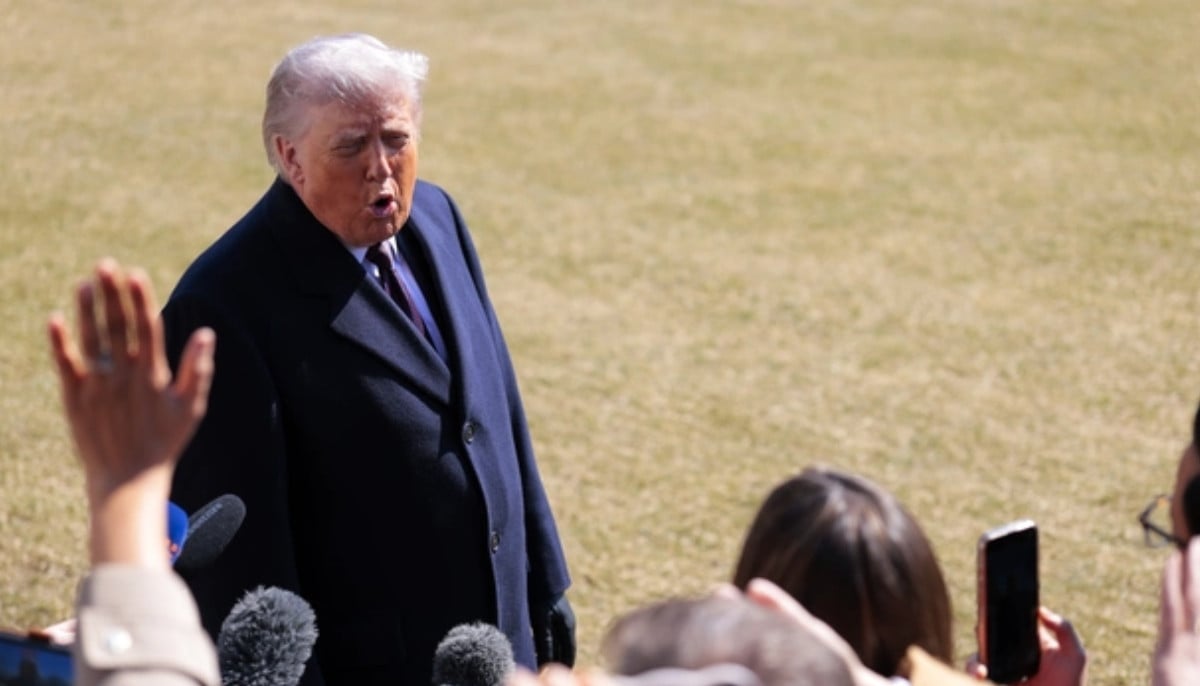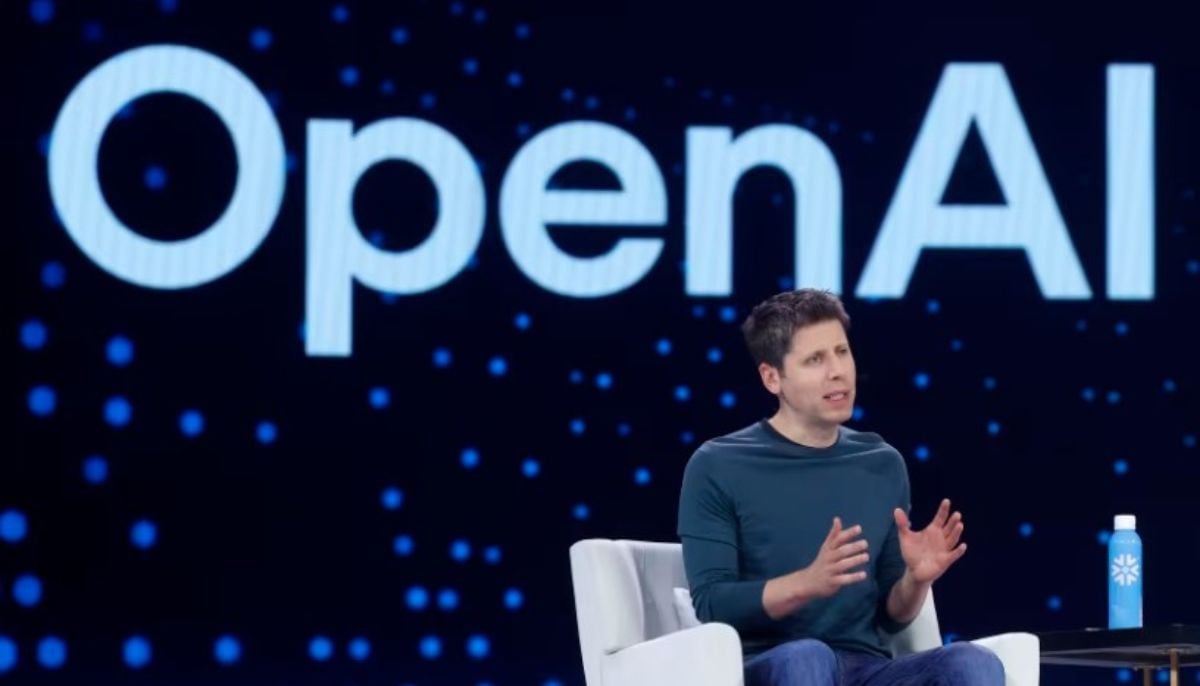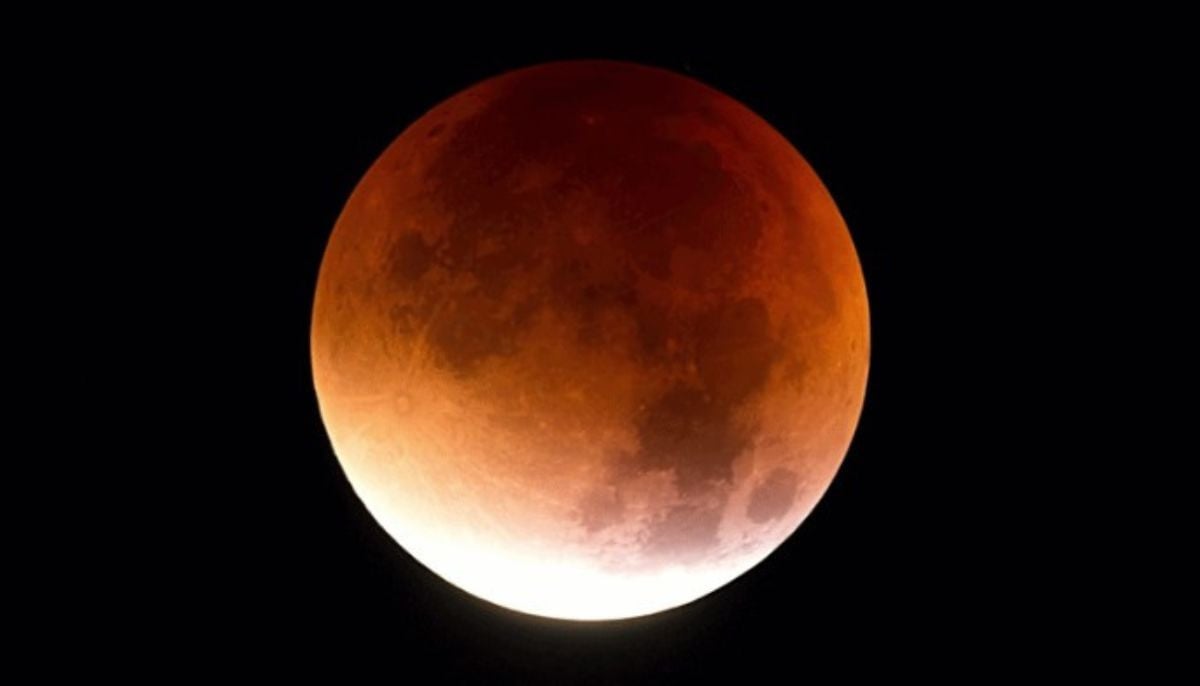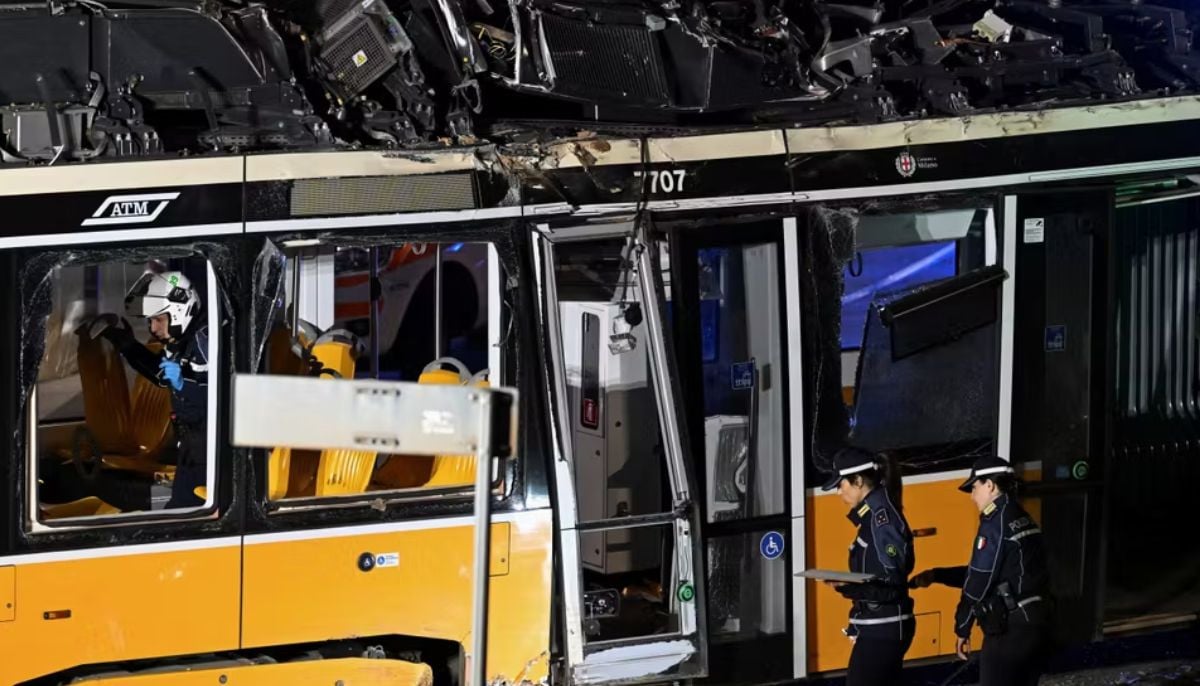Hasina's refuge poses diplomatic dilemma for India
Sufferers under ex-PM's rule openly hostile towards India for abuses committed by her government
NEW DELHI: It has been over four weeks since the ex-premier of Bangladesh, Sheikh Hasina was ousted by a student-led revolution and fled the country by a helicopter, seeking refuge in India. Analysts say she has now become a diplomatic headache for the hosting country.
Bangladeshi students who led the uprising are demanding she return from India, her biggest benefactor before her ouster, to be tried for the killing of protesters during the revolt.
However, sending the 76-year-old back risks undermining India's standing with its neighbours in South Asia, where it is waging a fierce battle for influence with China.
"India is clearly not going to want to extradite her back to Bangladesh," said Thomas Kean of the conflict resolution think-tank International Crisis Group.
"The message that would send to other leaders in the region who are close to New Delhi would not be a very positive one [...] that ultimately, India will not protect you," he told AFP.
Want a good relationship
New Delhi last year saw its preferred presidential candidate in the Maldives lose to a rival that immediately tilted the strategically placed luxury tourism destination towards Beijing.
Hasina's toppling lost India its closest ally in the region.
Those who suffered under Hasina in Bangladesh are openly hostile to India for the abuses committed by her government.
That hostility has smouldered through megaphone diplomacy waged by Hindu-nationalist Indian Prime Minister Narendra Modi and directed towards Bangladesh's caretaker administration.
Modi has pledged support for the government that replaced Hasina, led by 84-year-old Nobel Peace Prize laureate Muhammad Yunus.
But Modi, who has made championing the Hindu faith a key plank of his tenure, has also repeatedly urged Yunus's administration to protect Bangladesh's Hindu religious minority.
Fakhrul Islam Alamgir, a top leader of the Bangladesh Nationalist Party (BNP), said India had put "all its fruit in one basket" by backing Hasina and did not know how to reverse course.
"The people of Bangladesh want a good relationship with India, but not at the cost of their interests," Alamgir, one of thousands of BNP members arrested during Hasina's tenure, told AFP.
"The attitude of India unfortunately is not conducive to creating confidence."
Such is the atmosphere of distrust, when deadly floods washed through both countries in August some Bangladeshis blamed India for the deaths that resulted.
-
Iran tensions rise as Trump says he is 'not thrilled' with nuclear negotiations
-
Sam Altman opens up about OpenAI, Anthropic, Pentagon conflict
-
Lunar eclipse 2026: Time, date, sighting locations, know every detail
-
Death toll climbs to 54 as floods wreck South-eastern Brazil
-
Milan tram crash leaves two dead, 39 injured
-
Travis, Jason Kelce share blunt dating advice for men: 'She's gonna hate you'
-
Australia to launch first high-speed bullet train after 50-years delay
-
North Carolina teen accused of killing sister, injuring brother in deadly attack












